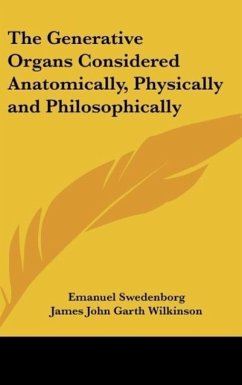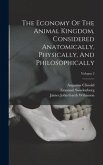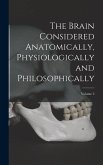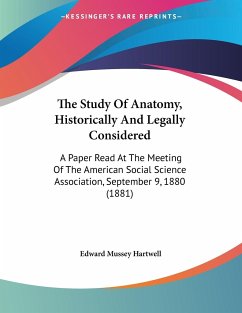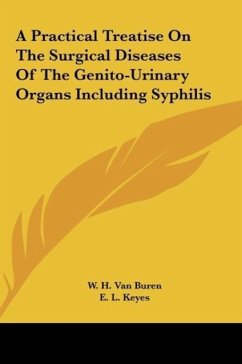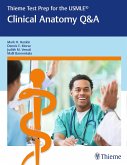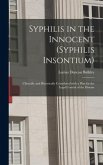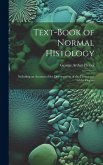1852. A posthumous work of Emanuel Swedenborg, the noted Swedish scientist, philosopher and theologian. He is best known for his later writings, in which he presents ideas both Christian and ecumenical, for a new spiritual era or new church to be known as the New Jerusalem. His translator, James John Garth Wilkinson, in human affairs opposed the oppressive laws of his own day that kept women in an inferior position to men. A woman should be free to vote, to propose marriage, administer property and the like. Only then would her quality assert itself. In 1852 he had translated Swedenborg's work on The Generative Organs (both male and female). He told Henry James, he regarded this work as one small step on the way to a greater liberty of thought and knowledge on sexual subjects. See other titles by this author available from Kessinger Publishing.
Hinweis: Dieser Artikel kann nur an eine deutsche Lieferadresse ausgeliefert werden.
Hinweis: Dieser Artikel kann nur an eine deutsche Lieferadresse ausgeliefert werden.

